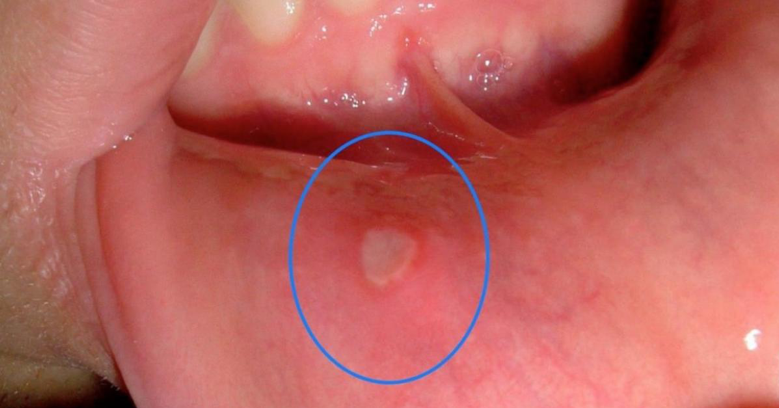- Home
- Oral Lesions Screening

Oral cancer screening is an examination performed by a dentist or doctor to look for signs of cancer or precancerous conditions in your mouth.
The goal of oral cancer screening is to identify mouth cancer early, when there is a greater chance for a cure.
Most dentists perform an examination of your mouth during a routine dental visit to screen for oral cancer. Some dentists may use additional tests to aid in identifying areas of abnormal cells in your mouth.
Medical organizations disagree on whether healthy people without risk factors for mouth cancer need oral cancer screening. No single oral exam or oral cancer screening test is proved to reduce the risk of dying of oral cancer. Still, you and your dentist may decide that an oral exam or a special test is right for you based on your risk factors.
Why it's done
The goal of oral cancer screening is to detect mouth cancer or precancerous lesions that may lead to mouth cancer at an early stage — when cancer or lesions are easiest to remove and most likely to be cured.
But no studies have proved that oral cancer screening saves lives, so not all organizations agree about the benefits of an oral exam for oral cancer screening. Some groups recommend screening, while others say there isn't enough evidence to make a recommendation.
People with a high risk of oral cancer may be more likely to benefit from oral cancer screening, though studies haven't clearly proved that. Factors that can increase the risk of oral cancer include:
- Tobacco use of any kind, including cigarettes, cigars, pipes, chewing tobacco and snuff, among others
- Heavy alcohol use
- Previous oral cancer diagnosis
- History of significant sun exposure, which increases the risk of lip cancer
The number of people diagnosed with mouth and throat cancers has been rising over the last several years, though it isn't clear why. An increasing number of these cancers are associated with the sexually transmitted infection human papillomavirus (HPV).
If you're concerned about your cancer risk, talk to your doctor about ways you can reduce your risk and which screening tests might be appropriate for you.

